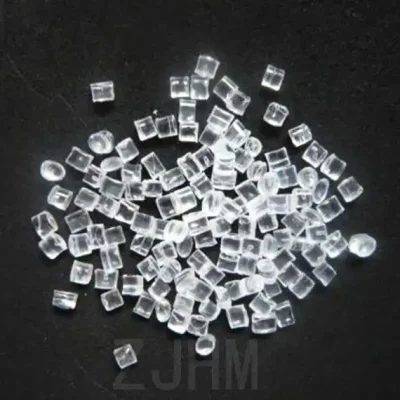-
Categories
-
Pharmaceutical Intermediates
-
Active Pharmaceutical Ingredients
-
Food Additives
- Industrial Coatings
- Agrochemicals
- Dyes and Pigments
- Surfactant
- Flavors and Fragrances
- Chemical Reagents
- Catalyst and Auxiliary
- Natural Products
- Inorganic Chemistry
-
Organic Chemistry
-
Biochemical Engineering
- Analytical Chemistry
-
Cosmetic Ingredient
- Water Treatment Chemical
-
Pharmaceutical Intermediates
Promotion
ECHEMI Mall
Wholesale
Weekly Price
Exhibition
News
-
Trade Service
According to foreign media reports, on September 8 this year, Toyota gasoline-electric hybrid Prius series will officially release the fourth generation model
in Las Vegas, USA.
It is mainly for the styling of the front part of the third-generation series, and the steering system and suspension settings have also been changed to provide a more comfortable driving performance
.
The new generation Prius series will be the first commercially available model under Toyota to use the new TNGA (Toyota New Global Architecture) global chassis architecture, which can not only bring a lower center of gravity and a stronger body structure to the new generation Prius series, but also further reduce the resource cost of new car manufacturing by at least 20%, so as to create a more competitive market price
for new vehicles.
According to the new car information previously provided by Toyota, the new generation of Prius models will be equipped with Toyota's new generation Hybrid power system, which will be smaller, lighter and more efficient than the gasoline-electric hybrid system used in the current Prius series, and will use higher energy density battery packs to reduce battery volume and increase battery storage capacity
.
In addition, the next-generation Prius series will also use a smaller, more efficient electric motor, which is expected to operate four times
more efficiently than the previous model.
It is expected to be available in two model configurations, with the premium model using nickel-metal hydride battery packs and the entry-level model being equipped with lithium battery modules to provide a more affordable model price
.
The next-generation Prius plug-in Hybrid with plug-in hybrid is expected to have a maximum electric range
of 56.
3 km.
According to foreign media reports, on September 8 this year, Toyota gasoline-electric hybrid Prius series will officially release the fourth generation model
in Las Vegas, USA.
It is mainly for the styling of the front part of the third-generation series, and the steering system and suspension settings have also been changed to provide a more comfortable driving performance
.
The new generation Prius series will be the first commercially available model under Toyota to use the new TNGA (Toyota New Global Architecture) global chassis architecture, which can not only bring a lower center of gravity and a stronger body structure to the new generation Prius series, but also further reduce the resource cost of new car manufacturing by at least 20%, so as to create a more competitive market price
for new vehicles.
According to the new car information previously provided by Toyota, the new generation of Prius models will be equipped with Toyota's new generation Hybrid power system, which will be smaller, lighter and more efficient than the gasoline-electric hybrid system used in the current Prius series, and will use higher energy density battery packs to reduce battery volume and increase battery storage capacity
.
In addition, the next-generation Prius series will also use a smaller, more efficient electric motor, which is expected to operate four times
more efficiently than the previous model.
It is expected to be available in two model configurations, with the premium model using nickel-metal hydride battery packs and the entry-level model being equipped with lithium battery modules to provide a more affordable model price
.
The next-generation Prius plug-in Hybrid with plug-in hybrid is expected to have a maximum electric range
of 56.
3 km.







